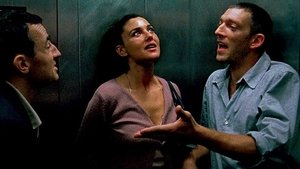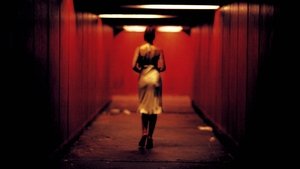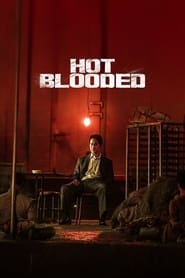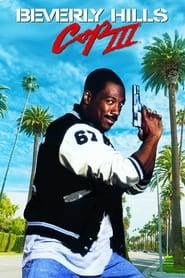
Video Sources 5843 Views
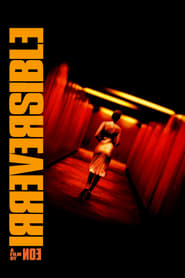
Synopsis
Irreversible 2002 Full Movie Download In English 720p and 480p
StoryLine:
Irréversible (French pronunciation: [iʁevɛʁsibl]) is a 2002 French psychological thriller drama film, written and directed by Gaspar Noé and starring Monica Bellucci, Vincent Cassel, and Albert Dupontel. The film employs a reverse chronology and follows two men through the streets of Paris as they seek to avenge a brutally raped girlfriend. Much of the film’s soundtrack was composed by Thomas Bangalter, one half of the former electronic music duo Daft Punk.Irreversible 2002
Irréversible competed for the Palme d’Or at the 2002 Cannes Film Festival and won the Bronze Horse at the Stockholm International Film Festival.
Irréversible has been associated with a series of films defined as the cinéma du corps (“cinema of the body”), which according to Palmer[5] includes: an attenuated use of narrative, assaulting and often illegible cinematography, confrontational subject material, and a pervasive sense of social nihilism or despair. Irréversible has also been associated with the New French Extremity movement.
The film was particularly controversial upon its release for its graphic portrayal of violence, specifically the scene where a man is savagely bludgeoned to death with a fire extinguisher and its 10-minute long take rape of Alex (Monica Bellucci), who is then brutally beaten into a coma. The film also attracted accusations of homophobia. American film critic Roger Ebert called Irréversible “a movie so violent and cruel that most people will find it unwatchable”.[6]An Italian woman living in France named Alex is reading An Experiment with Time by J. W. Dunne in a park, surrounded by playing children. Beethoven’s 7th Symphony is heard in the background. The camera spins around faster and faster until it blacks out into a strobe effect, accompanied by a pulsing, roaring sound. A rapidly spinning image of a lawn sprinkler resembling the cosmos can be dimly perceived. A title card reads: “Le Temps Detruit Tout” (“Time destroys everything”) – a phrase uttered in the film’s first scene. The film ends. (The use of Beethoven’s 7th Symphony also ties this film directly to Noé’s next picture, Enter The Void, where the same composition is used in the title sequence).
Additional Links:
Original title
Irréversible
IMDb Rating
7.4 123,322 votes
TMDb Rating
7.2 1,794 votes

